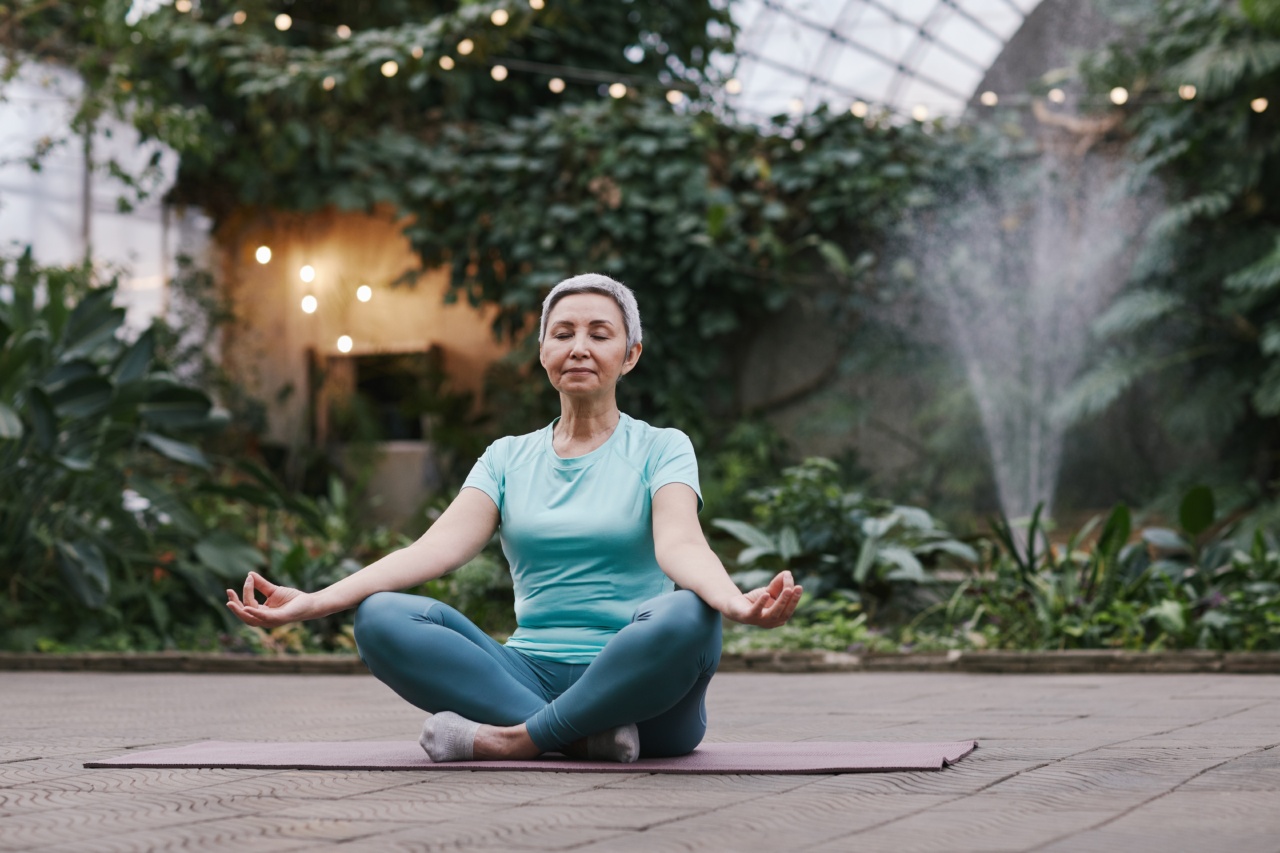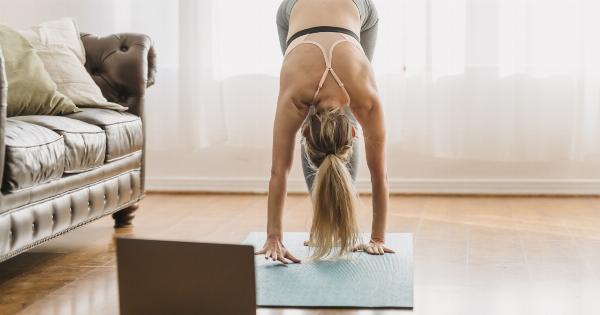Our body posture plays a crucial role in not only our physical health but also our emotional well-being. Many of us underestimate the power of body language and fail to realize how our posture affects our mood, confidence, and overall happiness.
In this article, we will explore why body posture is important for our emotional well-being and provide strategies to improve it.
1. Body Posture and Mental Health
The link between body posture and mental health is undeniable. Studies have shown that adopting a slouched or collapsed posture can contribute to feelings of sadness, depression, and low self-esteem.
On the other hand, maintaining an upright and open posture can boost self-confidence, improve mood, and reduce symptoms of anxiety and stress.
2. The Mind-Body Connection
Our mind and body are deeply connected, and our posture acts as a bridge between the two. When we slouch or hunch forward, it sends signals to our brain that we are in a defensive or submissive state.
This can activate stress responses, negatively impacting our emotional state. Conversely, sitting or standing tall with an open posture signals safety and confidence to our brain, promoting positive emotions and well-being.
3. Posture and Hormonal Balance
Our body language not only affects our thoughts and emotions but also influences our hormonal balance.
Research has shown that adopting a powerful and expansive posture, often referred to as “power posing,” can increase testosterone levels and reduce cortisol, the stress hormone. These hormonal changes can lead to improved mood, increased self-assurance, and decreased stress levels.
4. Confidence and Self-Esteem
Good posture exudes confidence and self-esteem, both of which are crucial for emotional well-being.
When we stand tall with our shoulders back and head held high, we not only appear more confident to others but also feel more self-assured within ourselves. This positive self-perception can greatly impact our emotional state, leading to increased happiness and overall well-being.
5. Body Language and Interactions
Our body language speaks louder than words, and our posture can significantly influence how others perceive and interact with us.
When we have poor posture, it can create an impression of disinterest, low energy, or lack of confidence, which can affect our personal and professional relationships. On the other hand, maintaining an upright and engaged posture promotes positive engagement, better communication, and stronger connections with others.
6. Posture and Energy Levels
Believe it or not, our body posture can impact our energy levels. Slouched or collapsed postures compress our organs and restrict our breathing, leading to reduced oxygen intake, fatigue, and decreased vitality.
Conversely, standing or sitting with good posture allows for proper breathing, enhances blood circulation, and increases energy levels. By improving our posture, we can feel an immediate boost in our overall energy and vitality.
7. Posture and Physical Health
Poor posture not only affects our emotional well-being but also has detrimental effects on our physical health. It can lead to muscle imbalances, spinal misalignments, and chronic pain, all of which can further contribute to emotional distress.
By maintaining good posture, we can alleviate physical discomfort, prevent musculoskeletal problems, and promote overall physical well-being, thus positively impacting our emotional state as well.
8. Strategies to Improve Body Posture
To enhance our emotional well-being through improved posture, it is essential to adopt strategies that promote good body alignment. Some effective strategies include:.
a) Posture Awareness
Start by paying attention to your body posture throughout the day. Notice when you are slouching or hunching and consciously correct it to maintain an upright position.
b) Ergonomic Support
Ensure that your workspace is ergonomically designed to support good posture. Use an adjustable chair, a supportive cushion, and set up your desk at the appropriate height to avoid straining your back and neck.
c) Regular Stretching and Strengthening
Incorporate regular stretching exercises into your daily routine to release muscle tension and improve flexibility.
Additionally, strengthening exercises targeting core muscles and back extensors can help maintain proper alignment and support your posture.
d) Mindfulness and Relaxation Techniques
Practice mindfulness and relaxation techniques, such as yoga or meditation, to enhance body awareness and promote relaxation of tense muscles. These practices can help improve posture by reducing stress and promoting overall well-being.
e) Body Posture Exercises
Participating in activities that promote good posture, such as Pilates or posture-focused workout routines, can be highly beneficial. These exercises specifically target postural muscles, helping to strengthen and align your body.
f) Supportive Sleep Environment
Ensure that your sleep environment provides proper support for your spine. Use a supportive mattress and pillow that align with your body’s natural curves, maintaining a neutral spine position while you rest.
9. The Role of Emotional Well-being in Everyday Life
It is important to recognize the significance of emotional well-being in our everyday lives. Our posture directly impacts our emotional state, happiness, and overall quality of life.
By prioritizing and working on our body posture, we can experience improved mental health, enhanced social interactions, increased energy, and reduced physical discomfort. Embracing good posture is an empowering step towards nurturing our emotional well-being.
10. Conclusion
Body posture is not just a matter of physical appearance; it is intricately connected to our emotional well-being.
By understanding the importance of body posture and taking proactive steps to improve it, we can enhance our mood, boost our confidence, build better relationships, and promote a healthier and happier life overall. Small changes in our posture can lead to significant positive changes in our emotional well-being.






























